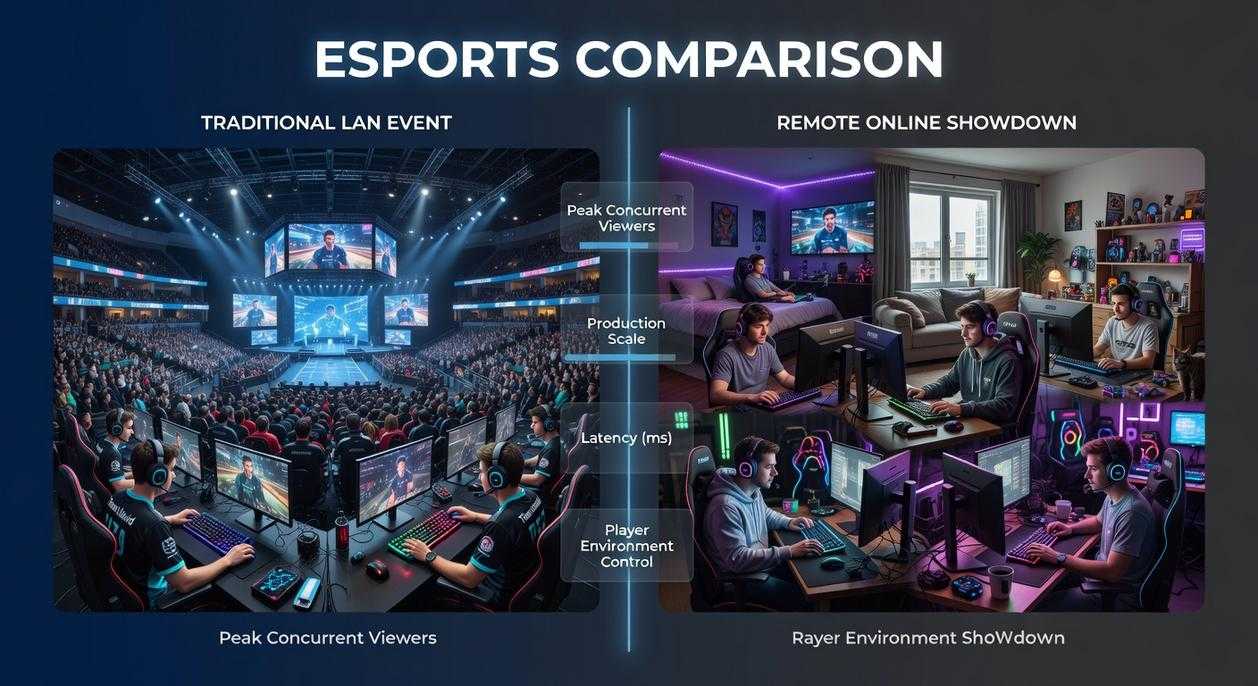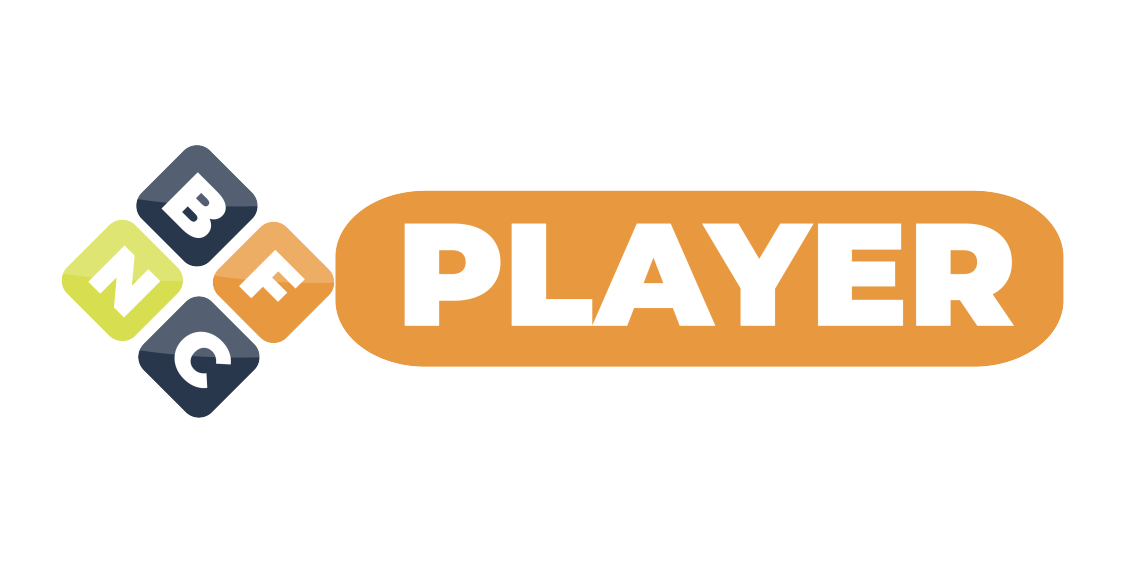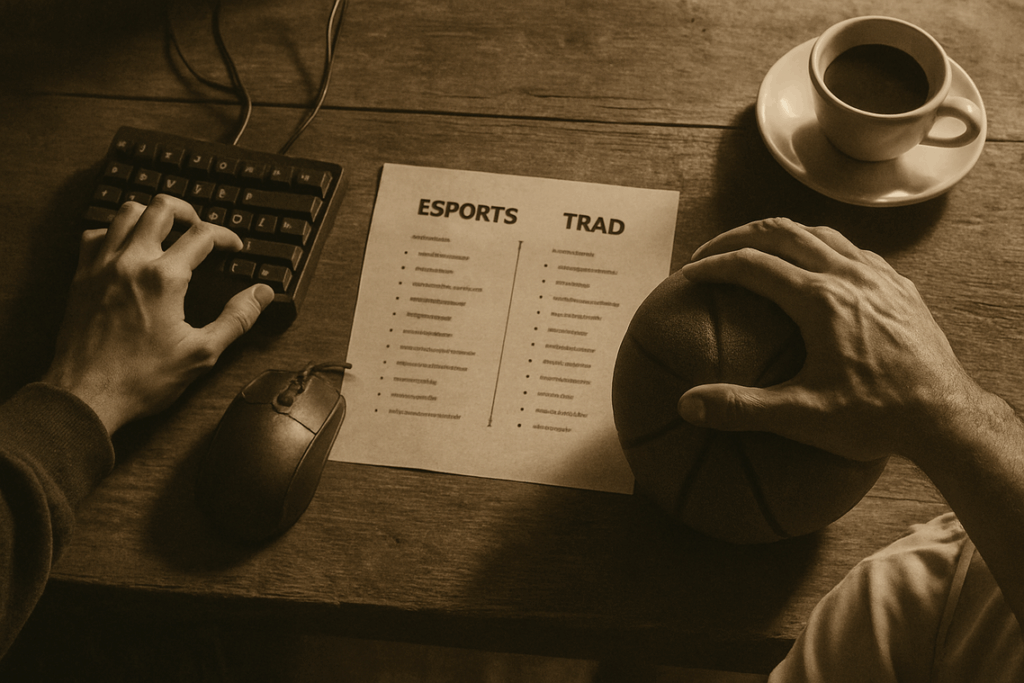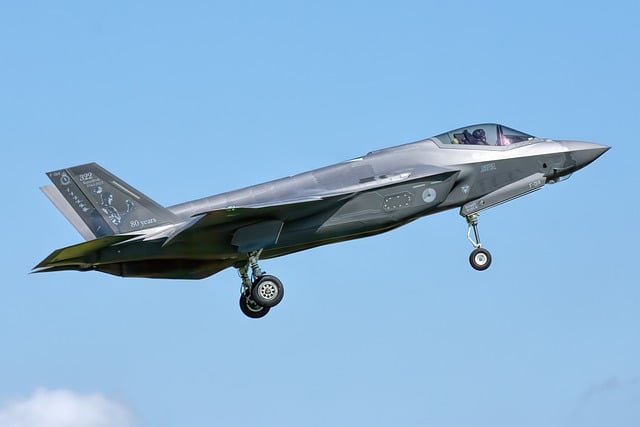I’ve competed at levels most people only watch on streams.
You’re probably here because you’re tired of people saying esports isn’t a real sport. Or maybe you’re curious what actually separates a pro gamer from a traditional athlete.
Here’s the truth: both careers will break you if you’re not ready for them. Just in different ways.
I’ve spent years grinding through tournaments and training blocks that would surprise most people. The comparison between esports vs traditional sports isn’t what you think it is.
This article breaks down what life actually looks like on both sides. I’ll show you the training schedules, the physical toll, how long careers really last, and what team dynamics look like when millions are on the line.
At bfncplayer, we cover the esports world from the inside. We know what happens behind the highlight reels because we’ve lived it.
You’ll learn about the daily grind that defines both careers. The sacrifices that don’t make it into interviews. The parts that actually matter when you’re trying to stay competitive.
No romanticizing either path. Just the reality of what it takes to compete at the top.
The Grind: A Day in the Life of Training and Practice
You think practice is practice, right?
Show up. Put in the hours. Get better.
But when you compare esports vs traditional sports bfncplayer, the daily grind looks completely different. And I mean fundamentally different in ways most people don’t realize.
Esports Regimen: The Digital Crucible
Pro gamers put in 10 to 12 hours a day. Sometimes more.
That’s not just playing games for fun. It’s structured torture (and I say that with respect).
Your morning starts with VOD reviews. You watch your matches from yesterday and pick apart every mistake. Every missed opportunity. Every bad call.
Then you move into scrims. That’s where your team practices against other competitive teams. These sessions run for hours and they’re intense. You’re testing strategies and working out team coordination.
After that? Solo queue grinding. You need to keep your individual mechanics sharp because if you can’t execute, strategy doesn’t matter.
The day ends with strategy sessions. You sit with coaches and break down what worked and what didn’t.
Here’s what I recommend: If you’re serious about competitive gaming, block your day into these segments. Don’t just play randomly for 12 hours and call it practice.
Traditional Sports Regimen: The Physical Gauntlet
Traditional athletes have a different beast to fight.
They start with weight training. Building strength and preventing injuries takes priority because your body is your tool.
Then comes conditioning. Running drills that push your cardiovascular system to its limits.
On-field practice follows. You’re running plays and working on technique until muscle memory takes over.
Film study happens too, just like esports. But it’s usually shorter because your body can only take so much physical punishment in one day.
Key Difference: Mental Stamina vs. Physical Output
This is where it gets interesting.
Esports demands sustained mental focus for those entire 10 to 12 hours. Your brain is constantly processing information and making split-second decisions. There’s no timeout where your mind gets to rest.
Traditional sports work differently. You’re pushing for peak physical output in shorter bursts. Practice might last four to six hours, but you physically can’t go longer without risking injury.
Neither is easier. They’re just different kinds of hard.
The Physical and Mental Toll: Different Pains, Same Sacrifices
You probably think esports players just sit in comfy chairs and play games all day.
I wish that were true.
The reality? Pro gamers deal with pain that most people never see. Their hands cramp up after eight-hour practice sessions. Their wrists throb from thousands of mouse clicks. Their backs ache from posture that would make a chiropractor cry.
Some people argue that esports injuries aren’t real injuries. They say you can’t compare a sore wrist to a torn ACL. That traditional athletes face real danger while gamers just need to take a break and stretch.
Here’s where that argument falls apart.
Repetitive strain injuries can end careers just as fast as any physical trauma. I’ve watched players at the top of their game forced to retire in their early twenties because their hands simply stopped working right. The pain doesn’t go away with rest. It becomes permanent.
And that’s just the physical side.
The mental pressure in competitive gaming is relentless. You’re making split-second decisions while thousands of people watch and judge every move. One bad play and the community tears you apart online. That kind of stress doesn’t leave bruises you can see.
Traditional athletes get concussions and torn ligaments. Those injuries are visible and people understand them. But burnout? Anxiety that keeps you up before every match? That’s harder to explain to people who think you’re just playing video games.
What you need to understand is this. Both types of athletes sacrifice their bodies and minds. The injuries just look different.
If you’re serious about competitive gaming through esports vs traditional sports bfncplayer, start protecting yourself now. Get a proper chair and desk setup. Take breaks every hour. Do wrist exercises daily (yes, they actually help). And find someone to talk to about the mental side before it becomes a problem.
Don’t wait until the pain forces you to stop.
Career Arc and Longevity: A Sprint vs. a Marathon

Here’s what everyone gets wrong about esports careers.
They compare them to traditional sports and call it a day. Short career, long career. Done.
But that’s lazy thinking.
Yes, most esports pros peak around 22 or 23. Reaction times slow down (we’re talking milliseconds, but those milliseconds matter). Game metas shift every patch. What made you dominant last season becomes obsolete.
Then you pivot to streaming or coaching. Maybe content creation if you built a following.
Traditional athletes? They can play into their 30s. Some even longer. Tom Brady played until he was 45 (though let’s be real, that’s not normal).
Everyone says this proves traditional sports are the better career choice.
I don’t buy it.
Because here’s what they’re missing. The esports vs traditional sports bfncplayer comparison isn’t about LENGTH. It’s about INTENSITY and OPPORTUNITY.
A 19-year-old esports pro can earn six figures RIGHT NOW. No college degree required. No minor leagues. No waiting tables between training sessions.
Traditional athletes spend years grinding through development systems. Most never make it to the big leagues. The ones who do often earn nothing until they’re 22 or 23 anyway.
So yeah, the esports window is shorter. But it opens earlier and wider for more people.
The real challenge? Financial planning.
You need to treat those peak earning years like they’re ALL you’ll ever get. Because they might be. Save aggressively. Invest smart. Don’t blow your tournament winnings on cars you don’t need.
Traditional athletes have union protections and pension plans. Esports pros have Twitch subscriptions and sponsorship deals that can vanish overnight.
Different game. Different rules.
Team Dynamics and Communication: The Language of Competition
I’ll never forget watching my teammate miss a game-winning play because he didn’t hear my callout.
We were three seconds from victory. I pinged the flank. I called it out. But the audio mix was off and he pushed forward anyway.
We lost.
That’s when I really understood how different communication works in competitive gaming compared to traditional sports.
In esports, everything runs through your headset. You can’t tap someone’s shoulder or point across the map. You’ve got milliseconds to process jargon-heavy callouts while tracking six different things on your screen.
“Mid rotating” means something completely different than yelling “watch the screen” on a basketball court.
Your teammate pings a location. You process it. You react. All while your eyes never leave your monitor.
Some people say this makes esports less team-oriented than traditional sports. They argue that real athletes need to read body language and make eye contact to truly work together.
But here’s what they’re missing.
We read digital cues the same way a point guard reads a defender’s stance. When I see a ping pattern or hear the tone in a callout, I know exactly what my teammate needs. The language is just different.
Traditional sports blend verbal commands with physical positioning. A quarterback can see his receiver break left. A soccer player can gesture for a pass.
We work with what we have on screen and in our ears.
The team house setup changes everything too. Most esports vs traditional sports bfncplayer coverage misses this part. We don’t just practice together for a few hours. We live together. Eat together. Grind solo queue at 2 AM in the same room.
That kind of immersion creates pressure you don’t see in traditional sports. But it also builds communication shortcuts that would take years to develop otherwise.
You can check out more about how teams adapt to new updates bfncplayer brings to competitive play.
The bottom line? Our communication is just as complex. Just delivered through different channels.
The Business of a Player: Income, Branding, and Fan Interaction
Here’s what most people get wrong about esports money.
They think it works just like traditional sports. Big contracts, guaranteed millions, maybe some endorsement deals on the side.
That’s not how it works at all.
I’ve watched this space long enough to know the truth. The esports vs traditional sports bfncplayer model flips everything you think you know about athlete income on its head.
Sure, top esports pros get salaries. Some even pull in decent prize money. But here’s the thing everyone misses.
The real money? It comes from you watching them play at 2am on a Tuesday.
Streaming is where esports players actually build wealth. Not from their team contracts. A mid-tier League of Legends pro might make $75,000 from their org but pull in $200,000 from Twitch subscriptions and YouTube ads.
Traditional athletes can’t do this. LeBron James doesn’t stream his practice sessions. Tom Brady isn’t taking viewer questions between plays.
Some people say this makes esports less professional. That real athletes shouldn’t have to hustle for donations and sponsorships on their own.
But think about what that actually means.
Esports pros control their own brand. They don’t wait for Nike to call. They build their audience directly and monetize it however they want. A player banned from competitive play can still make six figures streaming if their fans stick around.
The fan access part changes everything too. When you watch Shroud or Pokimane, you’re not getting some polished PR version. You’re getting them. Raw reactions, bad days, everything.
That’s not a bug. That’s the whole point.
Two Arenas, One Elite Mindset
I’ve watched both worlds up close.
The debate never stops. Is being a pro gamer easier than being a traditional athlete? People love to pick sides.
We just walked through the reality of both paths. The training schedules, the money, the pressure, the sacrifices. You saw what it actually takes.
Here’s the truth: thinking one is easier than the other misses the point entirely.
Both demand something most people don’t have. You need rare talent that can’t be taught. You need the kind of dedication that borders on obsession. You need to sacrifice things your friends will never understand.
A 16-hour practice session breaks your body differently than a football camp. But it still breaks you.
The esports vs traditional sports bfncplayer conversation should start with respect. Not which one is harder or more legitimate.
If you’re trying to go pro in either arena, you already know the grind. If you’re a fan, understanding what these competitors give up changes how you watch them perform.
Stop comparing. Start respecting the work.
That’s how you see competitive sports for what they really are. Two different stages for the same kind of excellence. Homepage. Bfncplayer Gamers Guide by Befitnatic.



